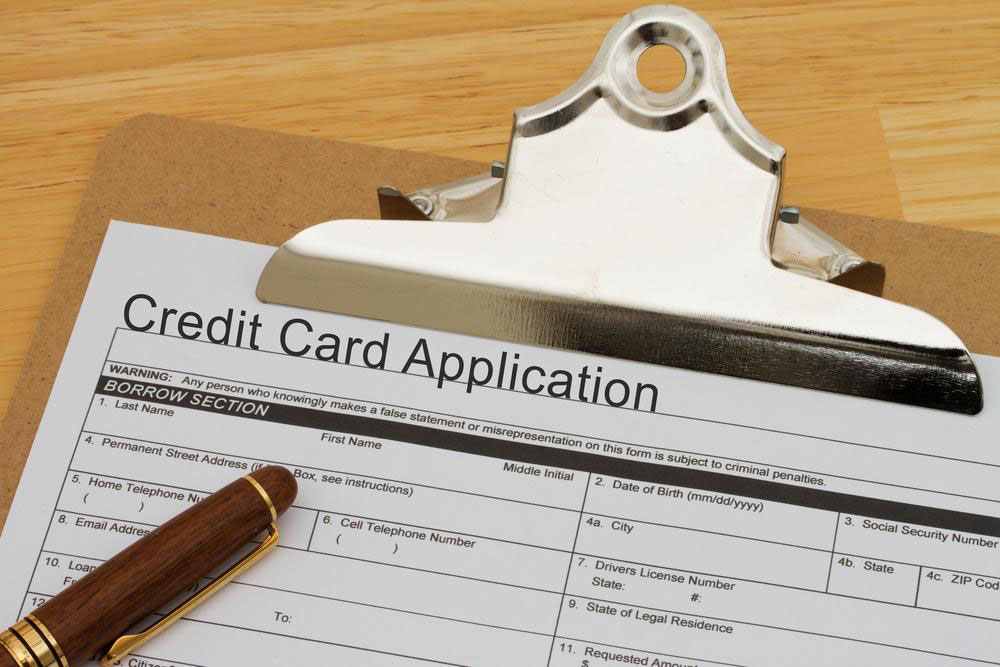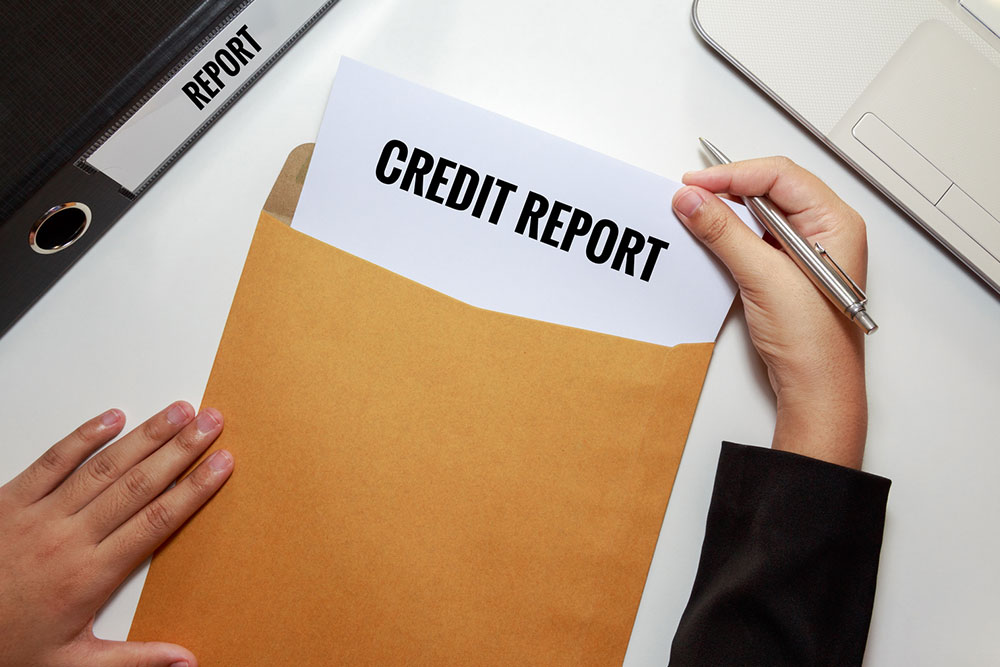Comprehensive Guide to Applying for Your First Credit Card: Essential Tips and Insights
Starting your credit journey with the right knowledge is crucial. This comprehensive guide offers essential tips on choosing between secured and unsecured credit cards, understanding grace periods, calculating interest, and maintaining good financial health. Learn how responsible credit use can boost your credit score, avoid unnecessary fees, and set a solid foundation for future financial success. Whether you're new to credit or aiming to improve your financial standing, these insights will help you navigate the process confidently and responsibly, leading to better financial opportunities ahead.

Comprehensive Guide to Applying for Your First Credit Card: Essential Tips and Insights
Embarking on your credit journey by acquiring your first credit card is an exciting milestone that opens countless financial opportunities. A credit card provides not only convenience but also numerous benefits such as earning rewards, access to purchase protections, and the chance to establish a robust credit profile. A solid credit history is instrumental in securing lower insurance premiums and gaining approval for significant financial commitments like leasing a home or purchasing a vehicle. However, responsible usage is paramount; reckless credit habits can lead to debt accumulation and negatively impact your credit reputation for years to come.
Before diving into the application process, it’s essential to understand vital aspects that can help you make informed, strategic decisions ensuring you maximize benefits while minimizing risks.
Secured Credit Cards vs. Unsecured Credit Cards: Which Is Right for You?
When planning to open your first credit account, the choice between a secured and an unsecured credit card is crucial. Secured credit cards require a cash deposit upfront, which acts as collateral. This deposit typically equals your credit limit and guarantees the lender that you can cover potential losses, making it a safer option for beginners with limited or no credit history. Once you've demonstrated responsible spending and repayment habits over several months, many issuers allow you to transition to an unsecured card, where no collateral is needed, and you could potentially access higher credit limits and better benefits. On the other hand, unsecured cards do not require a deposit but often have stricter approval criteria, such as a minimum credit score or income level. Having a co-signer or a strong credit background can improve your chances of approval for unsecured cards. Starting with a secured card is a strategic step in building a positive credit history and learning responsible credit management.
Understanding the Grace Period and Its Benefits
The grace period is one of the key features of credit cards that can save you money if understood and utilized properly. Typically ranging from 21 to 25 days, the grace period allows cardholders to pay their balance in full without incurring interest charges on new purchases. For instance, if you make a purchase on March 10 and your billing cycle ends on March 20, a grace period may extend until April 10, giving you ample time to pay without interest. To benefit from this, always pay your bills in full before the due date. It’s important to note that cash advances and balance transfers usually do not benefit from a grace period and often accrue interest immediately. Additionally, missing the payment deadline cancels the grace period, leading to interest charges on outstanding balances and potentially late payment fees.
Calculating and Avoiding Interest on Credit Cards
Understanding how interest accrues on your credit card balance is essential for managing your debt effectively. Interest is generally calculated based on your card’s Annual Percentage Rate (APR). Divide the APR by 365 days to get the daily periodic rate; for example, a 16% APR translates to approximately 0.0439% per day. This daily rate is then applied to your outstanding balance until it is fully paid. To avoid paying interest altogether, the best strategy is to pay your statement balance in full each month before the due date. If you choose to carry a balance, it’s vital to keep it as low as possible—ideally below 30% of your credit limit—to prevent damaging your credit score and accumulating excessive interest. Remember, interest charges compound daily, making it crucial to manage your payments wisely.
Determining Your Minimum Monthly Payment and Its Implications
Credit card issuers are required to specify a minimum payment each month to protect both the borrower and the lender. Usually, this amount is calculated as either a small percentage of your total balance (often around 2-3%) or a combination of interest, fees, and a set minimum dollar amount. For example, on a $1,000 balance, the minimum payment might be $30 if you’re paying 3%. Making only the minimum payment can extend your debt payoff period and lead to higher total interest paid, so it’s advisable to pay more than the minimum whenever possible. Missing payments or making late payments can result in penalties, increased interest rates, and damage to your credit score.
The Impact of Credit Cards on Your Financial Health and Credit Score
Your credit card usage plays a vital role in shaping your credit profile, which affects your ability to secure loans and favorable interest rates in the future. Several factors influence your credit score, including new credit inquiries (10%), types of credit accounts (10%), length of credit history (15%), credit utilization ratio (30%), and repayment history (35%). Establishing responsible behavior early—such as making timely payments, keeping balances low, and limiting the number of new accounts—can help build a strong credit history. Maintaining a utilization ratio below 30% and paying bills on time consistently are the most effective habits to improve your score over time. Avoid applying for multiple credit cards within a short period, as frequent inquiries can temporarily lower your credit score. Steady, responsible use over several months is the best way to cultivate a healthy credit standing that benefits your long-term financial goals.
Additional Fees to Watch Out For and How to Minimize Them
While credit cards offer numerous benefits, various fees can also add up if you're not cautious. Common fees include annual fees, which are often associated with premium reward cards or those targeted at high-risk users; balance transfer fees when moving debt from one card to another; foreign transaction fees of around 3-4% on purchases made abroad; and late payment fees, which can be approximately $35 or more. To optimize your credit card experience, opt for cards that waive foreign transaction fees or have no annual fee. Paying your bills on time and in full each month is the most effective way to avoid late fees and interest charges. Additionally, reading the fine print to understand all potential charges can help you avoid unnecessary costs and utilize your credit card benefits more effectively.
Don’t be discouraged if your initial application is rejected. Building a strong credit history involves responsible use of a secured card with a low credit limit and making consistent, timely payments over time. With patience, diligent management, and sound financial habits, you can improve your credit profile, eventually transitioning to unsecured cards with higher limits and better features. Remember, establishing good credit takes time and responsible behavior—your efforts now will pay off in future financial opportunities.





